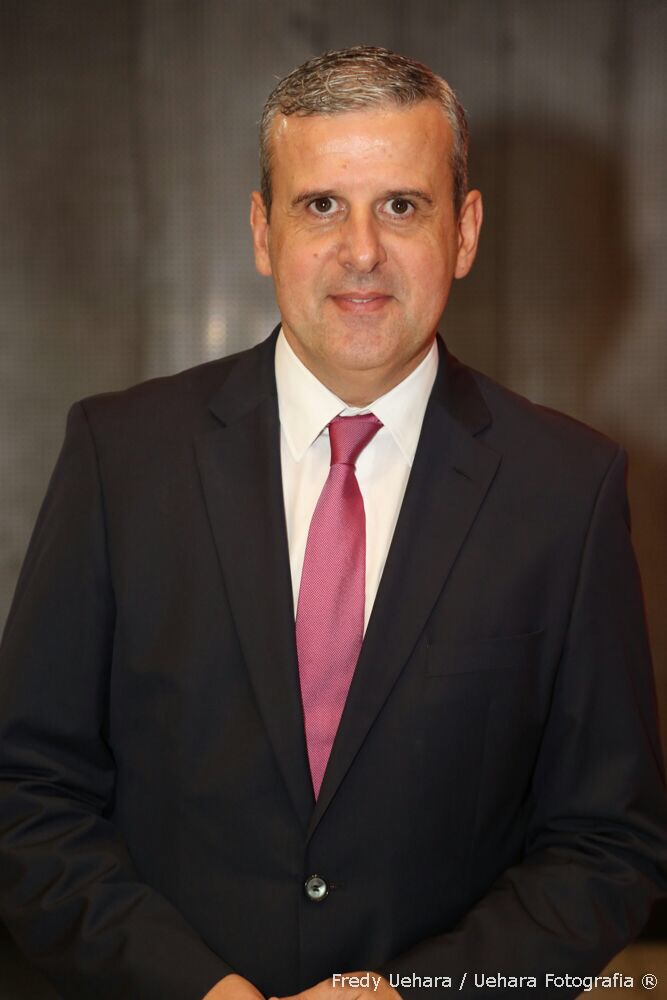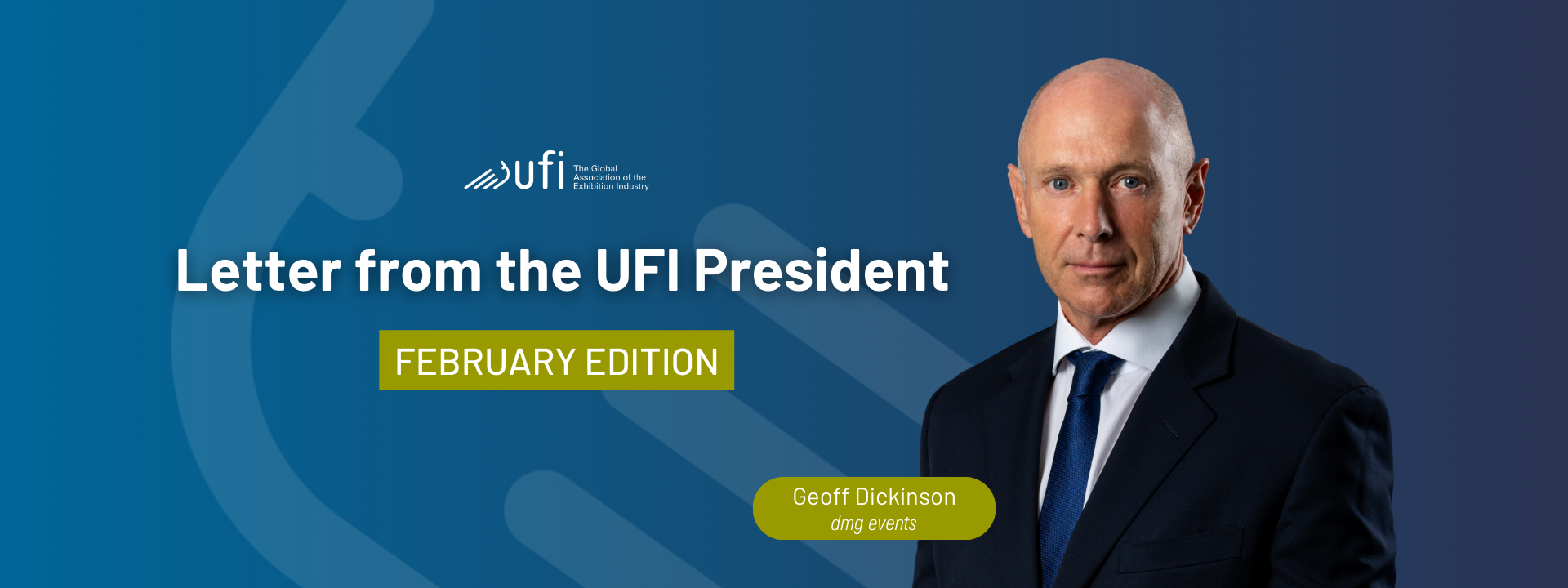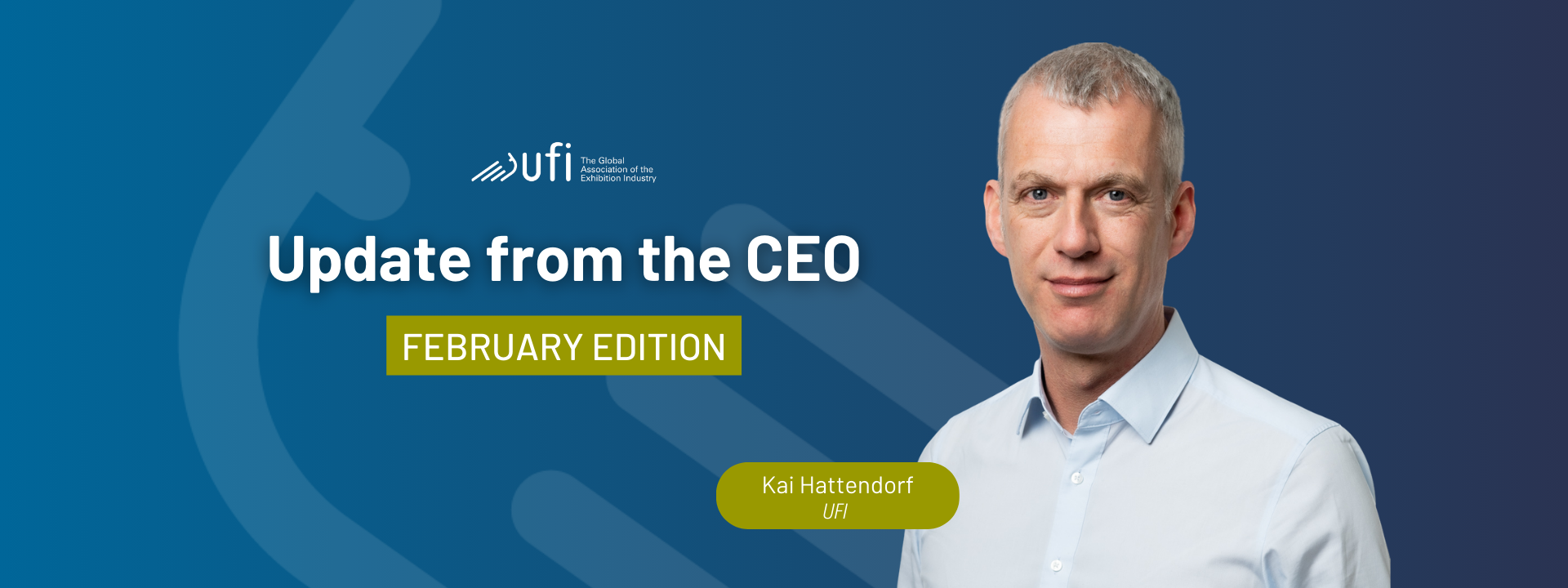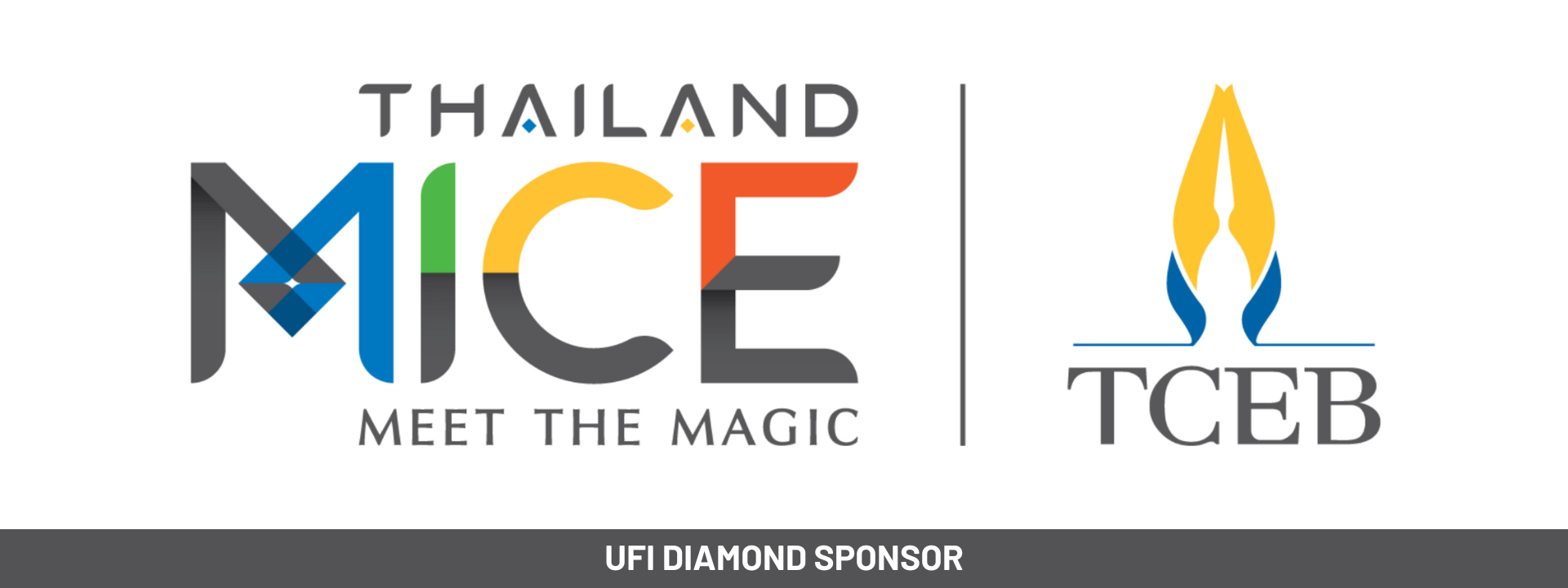
Interview with Juan Pablo Devera, President of Reed Brazil and President of UBRAFE by Stephanie Selesnick (Part 2 of 3)
This is a continuation of an interview with Juan Pablo Devera after the recent 12th Annual Meeting of the Exhibitions industry (ESFE), Brazil’s largest meeting for exhibition leaders.
Have economic challenges forced organizers to improve: streamline processes, get closer to their customers, etc.? In what ways?
Our country is one the youngest democracies in the world. Open to a wider international trade and commerce market only 30 years ago, we are still looking for sustained economic stability.
On general terms one can say that we are still learning and developing our own economic and social structure. Each year the volume of new graduate professionals joining the job market is incredible.
Simultaneously globalization and technology are quickly impacting our lives. At the same time, these changes are educating consumers – resulting in high expectations and demands from them. The changes in the services sector is affecting every single organization around the world, presenting new opportunities for the Brazilian Exhibition business.
We are a market with a population of more than 206 million people (5th in the world), living in 5,500 cities, and produce a GDP of U$ 3,2 trillion (7th in the world).
During the last 100 years we have been through the same challenges, highs and lows of any developing market. All of these economic cycles have helped us to demonstrate and reinforce the effectiveness of “exhibitions”. Once again we are proving that exhibitions work in good and bad times.
Our experience says that more pressure our customers face, the more we become strategic partners in their success, using creative and innovative solutions to help them achieve their goals.
In addition for the Brazilian Exhibition Industry, we enjoy the benefit of learning from colleagues with experiences working in mature markets in the world. We have very good examples and best practices from our colleagues in Europe and the US to learn and develop faster and effective solutions. These days, we are once again embracing and bringing to market the innovation provided by new Business Models, new tools for Customer Assessment, Data Analysis, Digital Solutions, Matchmaking Programs, and new content as VR or AR, for example.
How do you see UFI’s role in Brazil? What benefits can UFI bring to both UBRAFE and the industry?
As industry members, we appreciate the power of an International Association with proven experience. UFI has demonstrated an increasing interest with support to our region. UFI’s knowledge sharing and actions provides us with updates from around the world, making our local challenges become more understandable.
UFI is our mentor on this journey and UBRAFE continues to gain from its experiences and lessons as an advocate for the industry. Also UFI is making progress on generating usable data and industry reports, helping us gain visibility and representation on our markets. It is also is projecting the role we must to play to be active players in our markets development. We have a lot of to learn from UFI, and want to collaborate more with their global membership
Upcoming in Part 3: What is the future of Brazil’s exhibition industry?






Leave A Comment